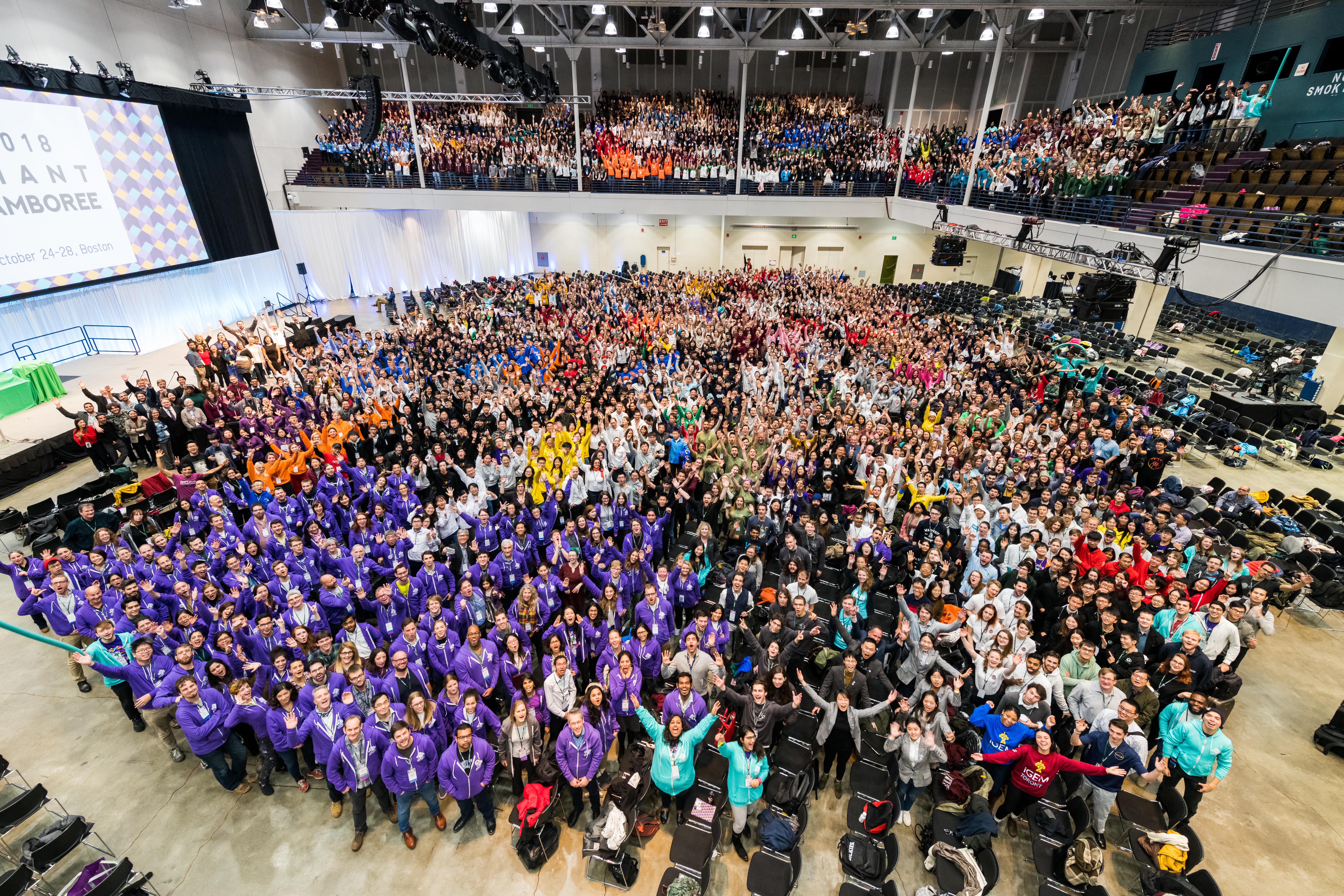The National Science Foundation has recently released a Dear Colleague Letter (DCL) encouraging professional societies to work together to form networks to promote cultural change in biology to advance diversity, equity, and inclusion. The DCL, called LEAPS (LEAding cultural change through Professional Societies) of Biology, intends to fund conference proposals, planning proposals, and Research Coordination Network (RCN) proposals that will facilitate collaboration among biology professional societies with the goal of broadening participation of the STEM workforce at scale.
This DCL encourages submissions from societies focused on broadening participation (SACNAS, AISES, ABRCMS) and/or from the NSF INCLUDES National Network. Professional societies are uniquely positioned to lead cultural, structural, and social change through appointing or electing society leaders, convening meetings, publishing, issuing awards, providing training, and creating career support networks. They can shape the culture at the scale of the (sub-) discipline and have the potential to influence other disciplines, institutions, and departments.
Potential partnerships could also include Minority Serving Institutions (MSIs) such as Historically Black Colleges and Universities (HBCUs), Hispanic-Serving Institutions (HSIs), Tribal Colleges and Universities (TCUs), and other organizations/institutions serving diverse populations. The participation of multiple societies from more than one biological discipline and/or of multiple societies from the same discipline that range in membership size is also encouraged.
For more information, please read the full DCL. To be considered for funding in fiscal year 2021, proposals should be submitted by May 14, 2021. Proposals submitted after that date will be considered for fiscal year 2022 funding.
For questions concerning the DCL, please contact one of the following Program Directors:
- Dan Marenda (dmarenda@nsf.gov)
- Wilson Francisco (wfrancis@nsf.gov)
- Jodie Jawor (jjawor@nsf.gov)
- Maureen Kearney (mkearney@nsf.gov)

